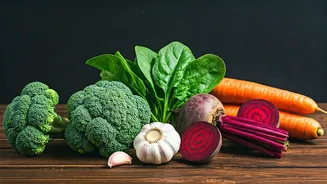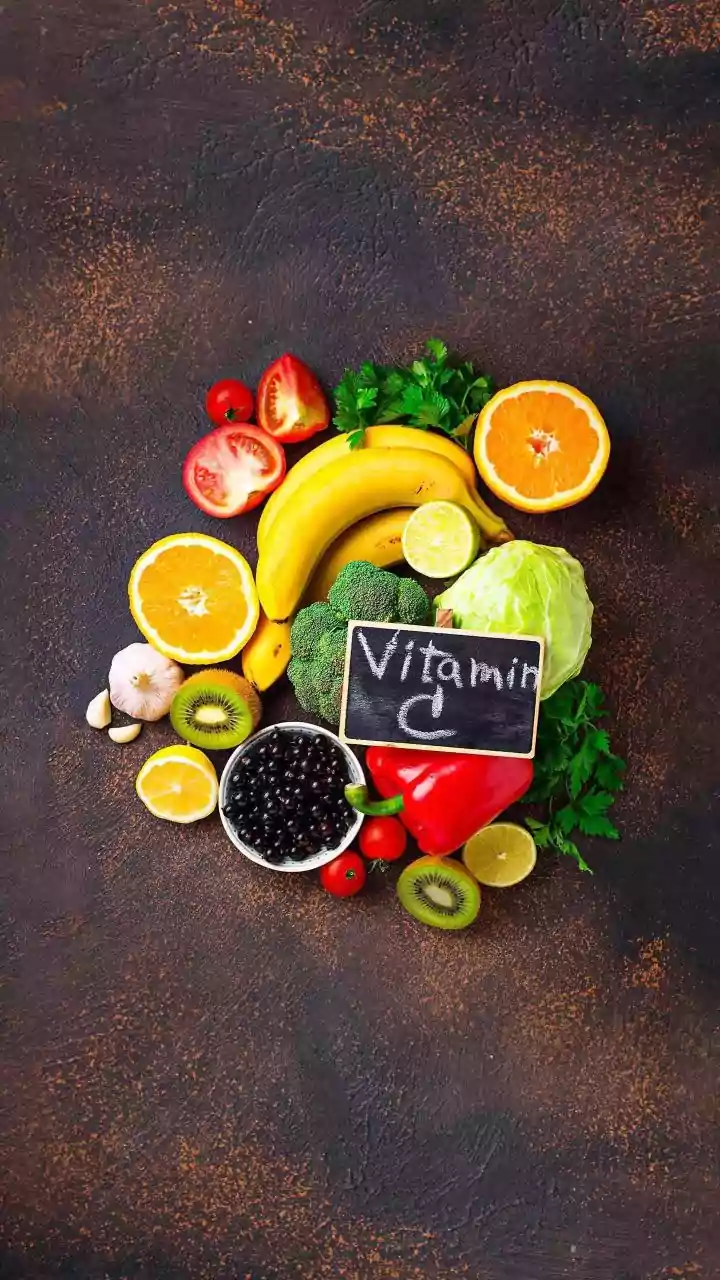Introduction: Liver Health
The liver, a vital organ, performs many essential functions, including filtering toxins, aiding digestion, and storing energy. Fatty liver disease, a condition
marked by excessive fat accumulation in the liver, can hinder these functions. Diet plays a significant role in managing and potentially reversing this condition. Incorporating specific vegetables into your diet can provide essential nutrients and antioxidants to support liver function and reduce inflammation. These vegetables are rich in compounds that help cleanse the liver, protect against damage, and improve overall health. This article will explore five vegetables that can be easily integrated into your daily meals to promote a healthier liver.
Green Leafy Vegetables
Green leafy vegetables, such as spinach, kale, and arugula, are packed with antioxidants that help protect the liver from damage caused by free radicals. These vegetables contain compounds that support detoxification processes in the liver, which helps in eliminating harmful substances. The high fiber content aids in digestion and helps regulate blood sugar levels, which benefits liver health. Incorporating these greens into salads, smoothies, or side dishes is a simple and effective way to boost your liver's well-being. They also contain vitamins and minerals that are essential for overall health, supporting the liver's functions.
Cruciferous Vegetables
Broccoli, cauliflower, Brussels sprouts, and other cruciferous vegetables are high in glucosinolates, compounds that support the liver’s detoxification pathways. These vegetables help in activating enzymes that neutralize toxins. They can also protect the liver from damage and promote healthy liver cell regeneration. Cooking these vegetables lightly, such as steaming or roasting, can help preserve their nutrients. Including these in your diet can support the liver's ability to clear toxins and reduce the buildup of fat, which is crucial for managing fatty liver disease. These vegetables are versatile and can be easily added to many meals.
Beets For Liver
Beets and beet greens are rich in betaine, a compound that helps protect and support liver function. Betaine reduces fat deposits in the liver, helping manage fatty liver disease. Beets also contain antioxidants that protect liver cells from damage and inflammation. You can add beets to your diet in various forms, like adding them to salads, juicing them, or roasting them to enhance their taste. The natural sweetness and vibrant color of beets make them an enjoyable addition to any meal. Consuming beets can enhance liver detoxification and promote healthy liver function.
Garlic For Liver
Garlic is a potent ingredient that benefits liver health, thanks to its high sulfur content, which helps activate liver enzymes that eliminate toxins. Garlic also contains allicin, a compound with antioxidant and anti-inflammatory properties that can shield the liver from damage and reduce inflammation. Adding garlic to your daily cooking can be easy, enhancing the flavor of your dishes and boosting the liver's detoxifying ability. Whether you add it to stir-fries, soups, or sauces, garlic provides several health benefits. Its inclusion in your diet can help support liver health and enhance overall well-being.
Carrots and Liver
Carrots are abundant in beta-carotene, an antioxidant that the body converts into vitamin A, essential for overall health and liver function. Carrots support liver health by reducing inflammation and preventing oxidative stress. The fiber in carrots aids in digestion, supporting the body's natural detoxification processes and improving liver health. They can be eaten raw, added to salads, juiced, or cooked in various dishes. Carrots offer a nutritious way to support liver function and improve your overall well-being. Regularly including carrots in your meals can contribute to maintaining a healthy liver and reducing the risk of complications associated with fatty liver disease.


















